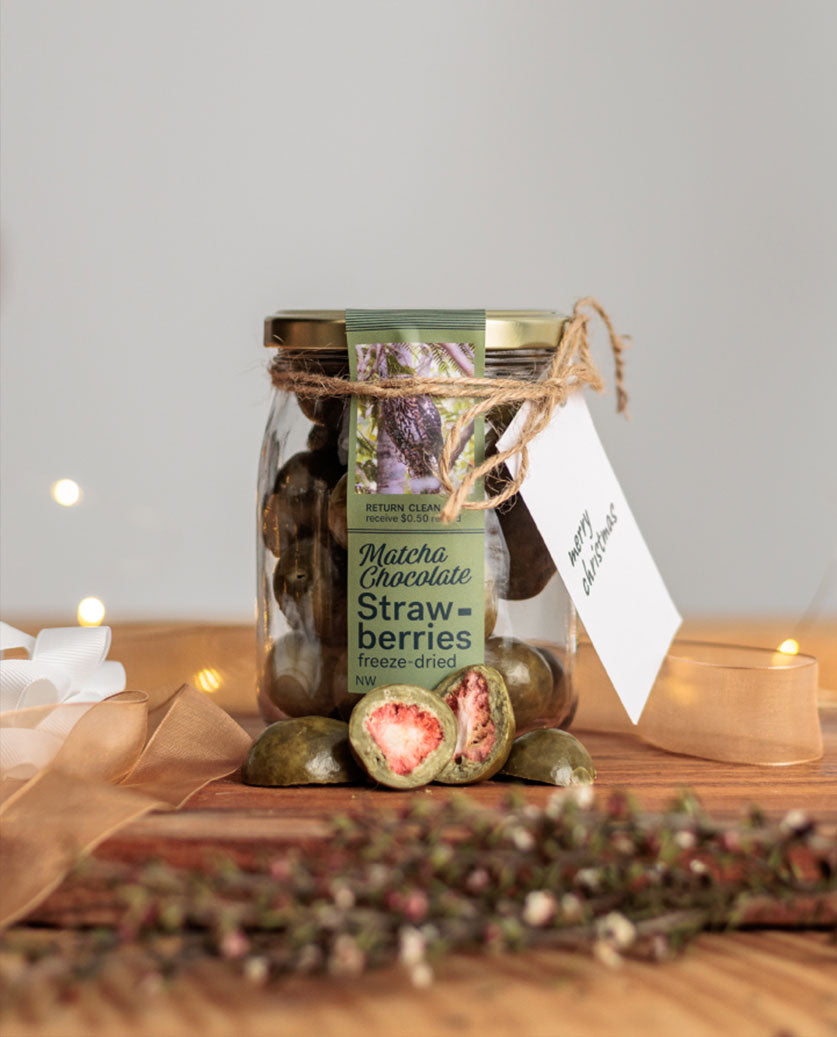Why Is Organic More Expensive?
Increasing Demand & Limited Supply
Demand for organic food is continuing to grow rapidly, while supply is growing at a much slower rate. When demand exceeds supply, costs go up.

Time Is Money
Organic farms tend to take more time to produce crops because they refrain from using the chemicals and growth hormones used by conventional farmers.
No Chemicals
Organic farmers use compost and animal manure to keep their crops natural, which is more expensive than the cheap synthetics used by conventional farmers to get the job done faster and more efficiently. No chemicals also means more labour required. Organic farmers have to hire more workers for tasks like hand-weeding, cleaning up of polluted water and dealing with pesticide contamination.

Superior Living Conditions
Higher standards for animal welfare means higher costs for organic farms. Organic feed for livestock can cost up to twice as much as conventional feed. Organic farmers must create and maintain living conditions that accommodate for natural behaviours and optimal health of the animal they are nurturing.
Higher Risk
Conventional farmers can turn to certain chemicals to reduce their loss of crops e.g. antibiotics and synthetic insect repellents. Since organic farmers don’t use these, their risk of loss is much higher and this can be hugely costly. Additionally, without the use of any nasty chemicals, organic foods face a shorter shelf life and the potential for further loss.

Certification
Obtaining organic certification comes at a cost of both time and money. Within the day-to-day running of their farms, organic farmers must comply with very specific standards, which may require modification of their facilities. Organic certification is generally more expensive for smaller and more diverse farms because each product type must be certified separately.
Traceability
As part of gaining organic certification, organic processors are required to keep detailed records of inputs and products used in production for traceability purposes. It takes time and labour to maintain clean records.
For tips on how to eat organic without breaking the bank, check out this article.
 GoodFor
GoodFor

